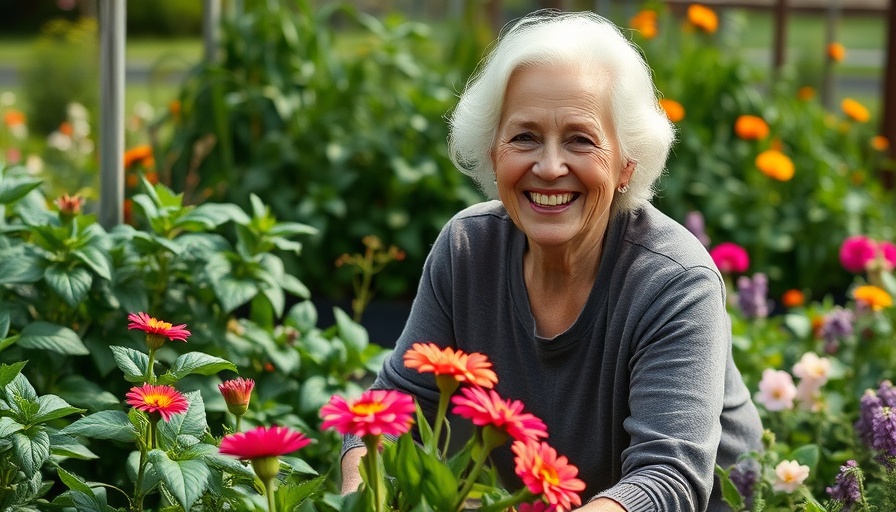
The Transformative Power of Volunteering in Retirement
Retirement often brings to mind leisurely days in the sun, long-awaited vacations, and time spent with family. But what if I told you that some of the greatest rewards of retirement come not from relaxation, but from giving back? Volunteering in retirement presents unique opportunities for personal fulfillment, social connection, and even health benefits. Let's delve into how engaging with your community can not only enrich others' lives but also enhance your own.
Building Meaningful Connections with Others
As we age, maintaining a social network becomes increasingly important. Many retirees find that volunteering not only allows them to contribute to a cause they care about but also helps forge strong relationships with like-minded individuals. Joining organizations, whether a local shelter or a community center, breeds camaraderie and introduces retirees to a range of people from various backgrounds. These connections can combat loneliness, provide a support system, and give life a renewed sense of purpose.
Health Benefits of Volunteering
Did you know that volunteering can actually improve your physical health? Studies have shown that seniors who volunteer regularly experience better mental health, lower blood pressure, and even longer lifespans. Regularly engaging in volunteer work can keep the mind sharp as well, prompting cognitive stimulation through problem-solving and communication tasks. It’s more than just a moral boost—it's an investment in one’s own health and longevity.
Finding Your Passion: The Right Fit for You
With countless organizations looking for help, retirees have a vast array of options to explore. From tutoring children to working at animal shelters, there's a niche for everyone. Finding the right fit is crucial. Consider what brings you joy or what issues you are passionate about. That first leap into volunteering might feel daunting, but it is a journey where the rewards far exceed the initial discomfort.
Overcoming Barriers to Volunteering
While volunteering is often seen as an ideal choice for retirement, some may feel hesitant to dive in. For many, obstacles such as not knowing where to start or concerns about time commitment can be barriers. However, there are various ways to ease into volunteering, such as starting with small, manageable tasks or participating in one-time events. It’s essential to recognize that every effort counts, regardless of how big or small it may appear.
The Impact of Volunteering on Financial Stability
While volunteering itself might not provide monetary rewards, the social skills and connections gained can indirectly contribute to financial well-being. By engaging with diverse groups, retirees may uncover new professional interests or business opportunities that were previously unseen. Networking in a volunteering context can lead to potential part-time work or consulting gigs, thereby enhancing one’s financial security.
A Personal Story: Finding Joy Through Service
Take the case of Emma, a retired teacher who felt lost after leaving the classroom. Upon picking up a volunteer role at a local food bank, she discovered a sense of community and belonging. Emma’s story exemplifies how stepping beyond retirement can lead to not only financial wisdom through connections but also a newfound sense of purpose and joy in life.
Final Thoughts: Embrace the Journey
As you contemplate retirement, consider how adding volunteering to your life can transform your experience in ways you never anticipated. The memories you create, the skills you may learn, and the lives you touch will fill your retirement with profound meaning. Embrace the journey; the rewards of volunteering in retirement are limitless.
If you’re ready to explore the many benefits of volunteering in your retirement, start researching local organizations that resonate with your interests today. The community needs you, and you'll likely find that the experience is as enriching for you as it is for those you help.
 Add Row
Add Row  Add
Add 




 Add Row
Add Row  Add
Add 

Write A Comment